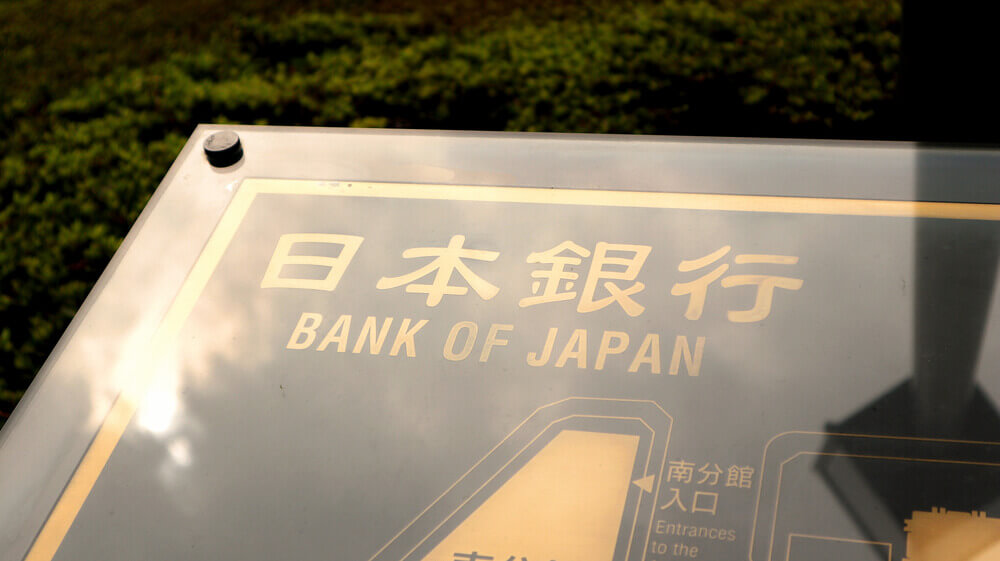The Bank of Japan aims to draw on the private sector for support and expertise to guide them with their central bank digital currency (CBDC) experiment. The first phase of experimenting with a CBDC will begin in April this year.
The BOJ should begin experimenting on how to operate a central bank’s digital currency. On Friday, it said that it had formed a committee of policymakers and lobbyists. They were from the banking and finance sector and should help with the project.
In his opening remarks at the committee’s first meeting on Friday, BOJ Executive Director Shinichi Uchida said there’s no change in the BOJ’s stance. It is currently not planning to issue a central bank digital currency.
They believe initiating experiments at this stage is a necessary step.
Starting next month, the central bank will begin feasibility tests on the core functions and features required. If necessary, it would then move ahead to a pilot program that involves private payment service providers and end-users.
Uchida has stressed the need to prepare, saying that a CBDC could play a key role in global payments and settlements one day.
The committee is composed of the BOJ, Ministry of Finance, and Financial Services Agency executives. Additionally, lobbyists from the banking and finance sector as well. Its next meeting will be held sometime in September or October.
Last October, the BOJ announced plans to begin experimenting on how to operate its digital currency. It joined other central banks in catching up with the rapid innovation achieved by the private sector.
Japan February Factory Output
Meanwhile, Japan’s factory output fell in February. Partly, the decline was due to a global shortage of automotive chips, which has further damaged an already battered economy. This was according to a poll on Friday.
Moreover, the poll also found retail sales declined for a third straight month in February. It is a key gauge of consumer spending. Emergency curbs to stem the spread of the virus has hurt the service sector.
Furthermore, in some areas, including Tokyo, Japan’s emergency state to fight the pandemic put pressure on firms. This is especially in restaurants and hotels, raising a chance of an economic contraction in Q1.
In February from the previous month, industrial production should have dropped 1.2%. This was based on a poll of 19 economists showed on Friday. Moreover, in January, industrial production climbed 4.3%.
Read also: Trader House review | Is Kaarat a good and trustworthy Forex broker?











